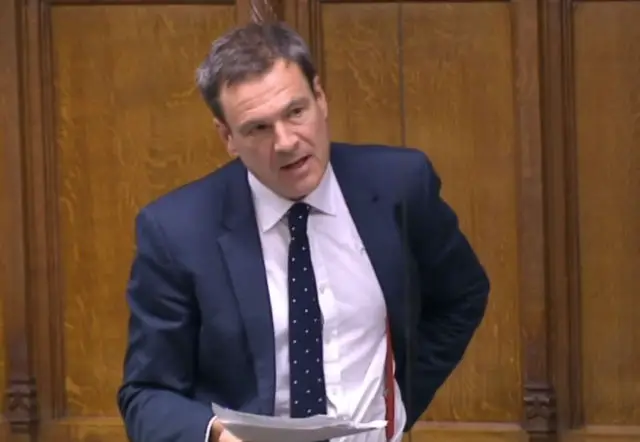Isle of Wight Conservative MP Bob Seely was on his feet contributing his area of expertise to a debate about the “Russian Interference in UK Politics” in the House of Commons yesterday (Thursday).
Bob’s pre-MP background
What has that got to do with the Isle of Wight? Well, Bob’s more than just Isle of Wight. Before Bob was elected as the Island’s MP, he was carrying out academic research into Russian non-conventional warfare at King’s College, London. One of his papers, relevant to the debate is outlined below.
“Avoid worsening relations with Russia”
His contribution to yesterday’s discussion was from that background:
“In my view, the most important thing we can achieve is to avoid worsening relations with Russia and do what we can to minimise the chances of conflict, which are small but genuine. At the same time, however, we need to call out Russian malign intent, understand what is happening, and take firm action when it is required.”
His full piece is well worth a read if you want an insight into the subject.
“Russian warfare is holistic, and ours needs to be as well”
After giving background on his knowledge of the way the Russians operate – it’s not new, they’ve operated in the same way for decades he says – Bob got to the core of his proposal.
He called for the creation of a new powerful government committee to monitor Russian manoeuvring, comprised of experts, in the likeness of the Active Measures Working Group that operated in the US in the 1980s to report to the UK Parliament.
Seely was supported in this by Labour Shadow Minister, Liam Byrne.
Bob on Russian Full-Spectrum Conflict
Bob co-authored a paper ‘Russian Full-Spectrum Conflict: An Appraisal After Ukraine‘ published online in March 2015. It opened by arguing that the “current ways of conceptualizing and understanding Russian warfare are flawed”.
“… we propose the concept of Full-Spectrum Conflict that captures the use of violent and non-violent means as well as the conduct of conflict in differing degrees of intensity from peace to war and the space in between. This remedies the problem of con-ceptualizing, and hopefully understanding, the conduct of Russian conflict.”





